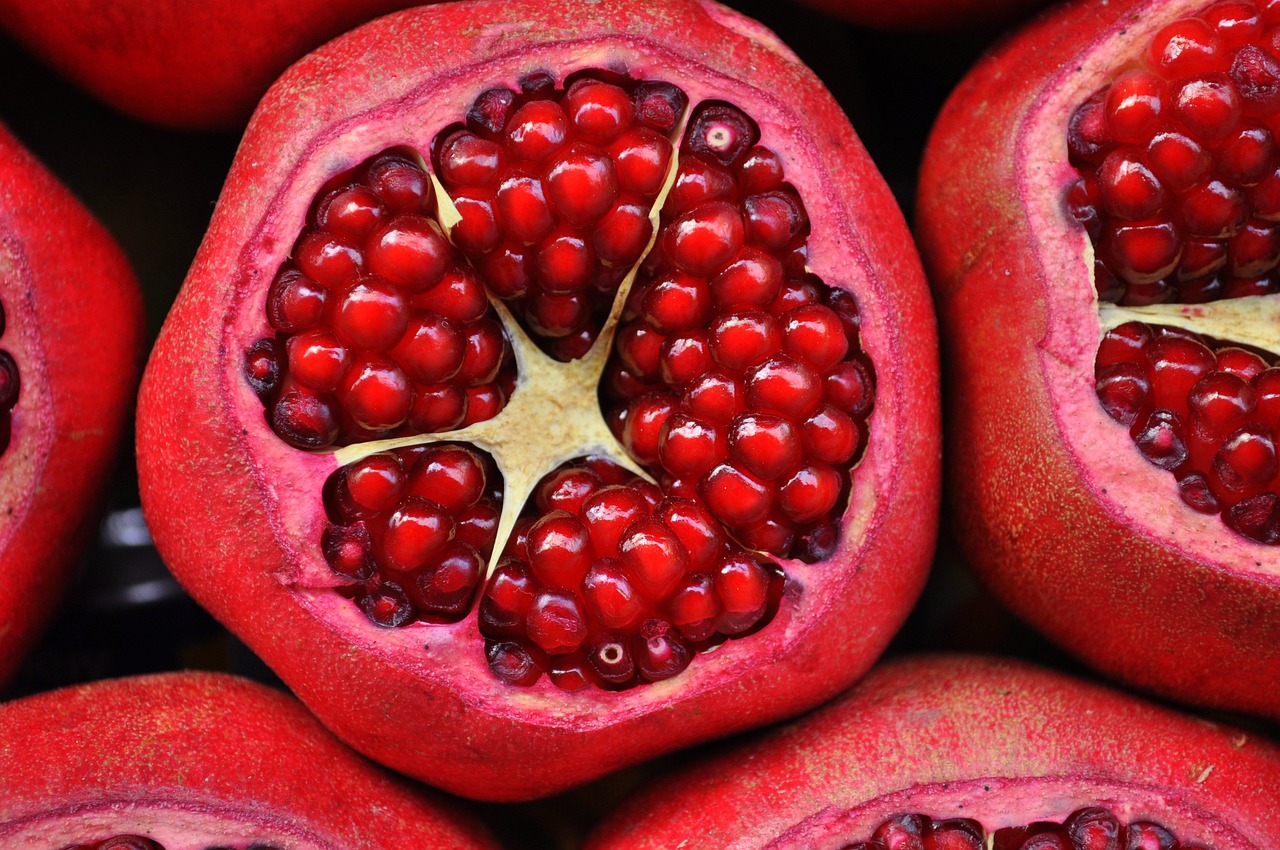
Pomegranates support mental health
Several studies suggest that the pomegranates they can protect the brain against diseases influenced by inflammatory processes and oxidative stress.
There is a legend that says that we can guess the benefits of certain fruits and vegetables by comparing their shape with the appearance of our internal organs. So, if you think pomegranates bring you brains, you're not at all wrong, eating these fruits has powerful effects on your mental health (the same goes for walnuts, broccoli or Brussels sprouts, all of which are similar in brain shape).
But to ensure a clear mind later, it is very important to prepare our body in advance by adopting a healthy lifestyle and proper nutrition, which includes, among others, pomegranates.
Pomegranate is not only a special fruit with an unusual structure and a special taste, but also an excellent source of dietary fiber and nutrients beneficial for health, including vitamins C, A, folic acid and minerals (potassium).
Pomegranates are also rich in unsaturated fatty acids, such as the Omega 5 punicic acid, which is found in approximately 70% of pomegranate seeds. However, it is the peel that contains a higher amount of polyphenols compared to the edible kernels, and for this reason, it is used to obtain supplements or food ingredients with high nutritional value. We tend to throw it away, but the rind and white skin inside can be used to make teas, decoctions to treat digestive problems, or can be dehydrated and ground to add to sweet dishes. Also, rinsing the hair with water in which pomegranate peels have been boiled would have a strong regenerating and strengthening effect.
To date, several dozen studies with human subjects have been conducted to test and evaluate the health benefits of pomegranates. The most promising of these suggest improving blood pressure, preventing inflammation and cancer, modulating the intestinal microbiota (prebiotic effect), but also supporting cognitive function.
As we age, the risk of cognitive decline tends to increase. It is estimated that 40% of people over the age of 65 may experience memory impairment. One of the studies carried out around the pomegranate, however, suggests that its antioxidant properties would produce changes in cerebral blood flow, the increase of which can support memory performance. In another study, pomegranate juice consumed by subjects appeared to slow the onset of dementia.
All fruits are rich in antioxidants (ascorbic acid, carotenoids and phenols, etc.), but between them there are significant differences in antioxidant capacity. In the case of pomegranates, polyphenols have shown positive neuroprotective effects, which offer hope for promising results in the prevention of Alzheimer's.
It is also believed that the ellagitannins present in pomegranate could cause the production of a compound in the gut (urolithin A), which could reduce inflammation in the brain and delay the onset of cognitive diseases.
Last but not least, "Brain Fog", manifested by the inability to concentrate, short-term memory loss, disorientation, is a very common syndrome these days, but pomegranates could help reduce its effects. Which means that sometimes coffee isn't the answer, but a fresh pomegranate juice that could give you an instant energizing 'restart'.
see here a simple method of cleaning pomegranates.




No Comments